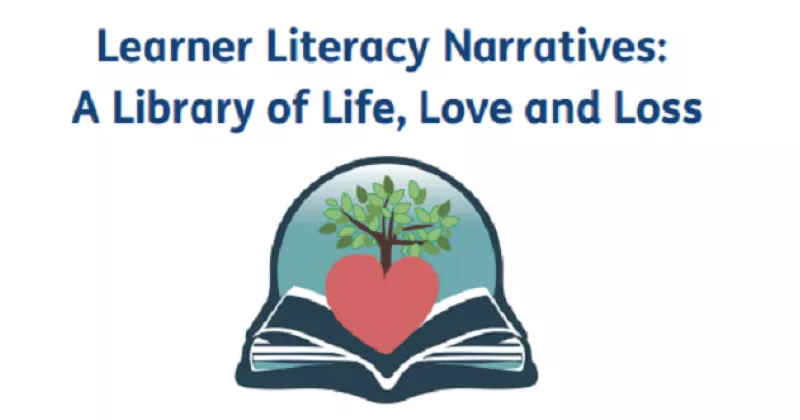Indeed, digitalisation does make publishers of us all


There is a scene in the film All the President's Men (1976) where Bob Woodward (Robert Redford) is hunting down a vital source's address and phone number for their scoop about Watergate. Redford makes his way to the Washington Post library, where he spends hours sifting through volumes of telephone directories from all over the United States. To a modern-day viewer, this, and similar scenes of the iconic journalist duo researching for their article, make little sense. In fact, much of the suspense in the film is based on what could now be settled by a five-minute Google search.
We sometimes hear that we live in an information society, and while such statements seem abstract, All the President's Men helps us to see what it means. In short, this comes down to two things: an increase in the volume of available information and an increase in the accessibility of information. The result: more people have access to more information and can share their opinions with others to an extent unprecedented in human history – a radical democratisation of the public sphere.
Still, in the past decade we have heard voices raising concerns over how this development seems to work against democratic progress: social media facilitated the spread of propaganda and conspiracy theories with devastating consequences in Myanmar in 2014 and in the United States in 2021. When the WHO declared COVID-19 a pandemic, they warned of a coming "infodemic" – an overload of potentially harmful and misleading disinformation about the virus. In his 2023 message on International Women's Day, UN Secretary-General António Guterres stated that while technology can expand pathways to education and opportunities for women and girls, it can also be used to amplify abuse and hatred.
All the President's Men documents a period when investigative journalists triumphed as democracy's watchdogs. They exposed corruption and abuse of power. Today, the tools and skills they employ to pursue the truth are important for all of us.
One consequence of digitalisation is that skills previously associated with specific professions, like academics, historians, and journalists, have become essential for everyday activities, such as assessing the credibility of a statement or a source and making decisions on publishing.
As a media and communications scholar specialising in the study of disinformation, misinformation, and conspiracy theories online, I am often asked what people could or should do to avoid being misled by incorrect material. I am not convinced there is a simple one-size-fits-all approach here, such as a checklist of things to look for or the advice to "question everything." In fact, such approaches can have adverse effects: if we have a list of things to be suspicious about, we might overestimate our ability to evaluate information, and if we are overconfident in our abilities, we might be more receptible to deceit. On the other hand, if we apply an attitude of constant mistrust, much of education and the values of an open democratic society will be fundamentally challenged.
My simple answer is to think of yourself as a publisher. We know that there is an abundance of disinformation available online, but in my mind, misinformation is a bigger problem. To clarify: disinformation is usually defined as incorrect information disseminated with a malevolent intent to mislead. Misinformation, on the other hand, is the unconscious passing on of incorrect or false information. Before social networking media, this was a limited problem. Of course, rumors have always spread and caused distress, but today, anyone with a social media account has the potential to reach a mass audience, but most of us treat it as a means of personal peer-to-peer communication. We share information because it is a social activity to communicate.
Returning to All the President's Men, in the film, Woodward and Bernstein are not alone in their effort to expose the ugly truth; they must convince their editor that their story will hold. The editor is aware of the power that is in publication and is responsible not only to the owners of the newspaper, or the many readers, but to the public debate. This sense of responsibility and care for the public is a valuable attitude to adopt in an information society where indeed, digitalisation has made publishers of us all.
About the author
Linus Andersson is associate professor in media and communication studies at Halmstad University, Sweden. Andersson has published works on alternative media and media activism, as well as media literacy and critical thinking. He is currently working in a cross-disciplinary project to design and evaluate the effects of a media literacy intervention that is targeted at high school students in order to improve critical and analytical thinking to mitigate the negative effects of disinformation and conspiracy theories online.
Photo by Liza Summer on Pexels




